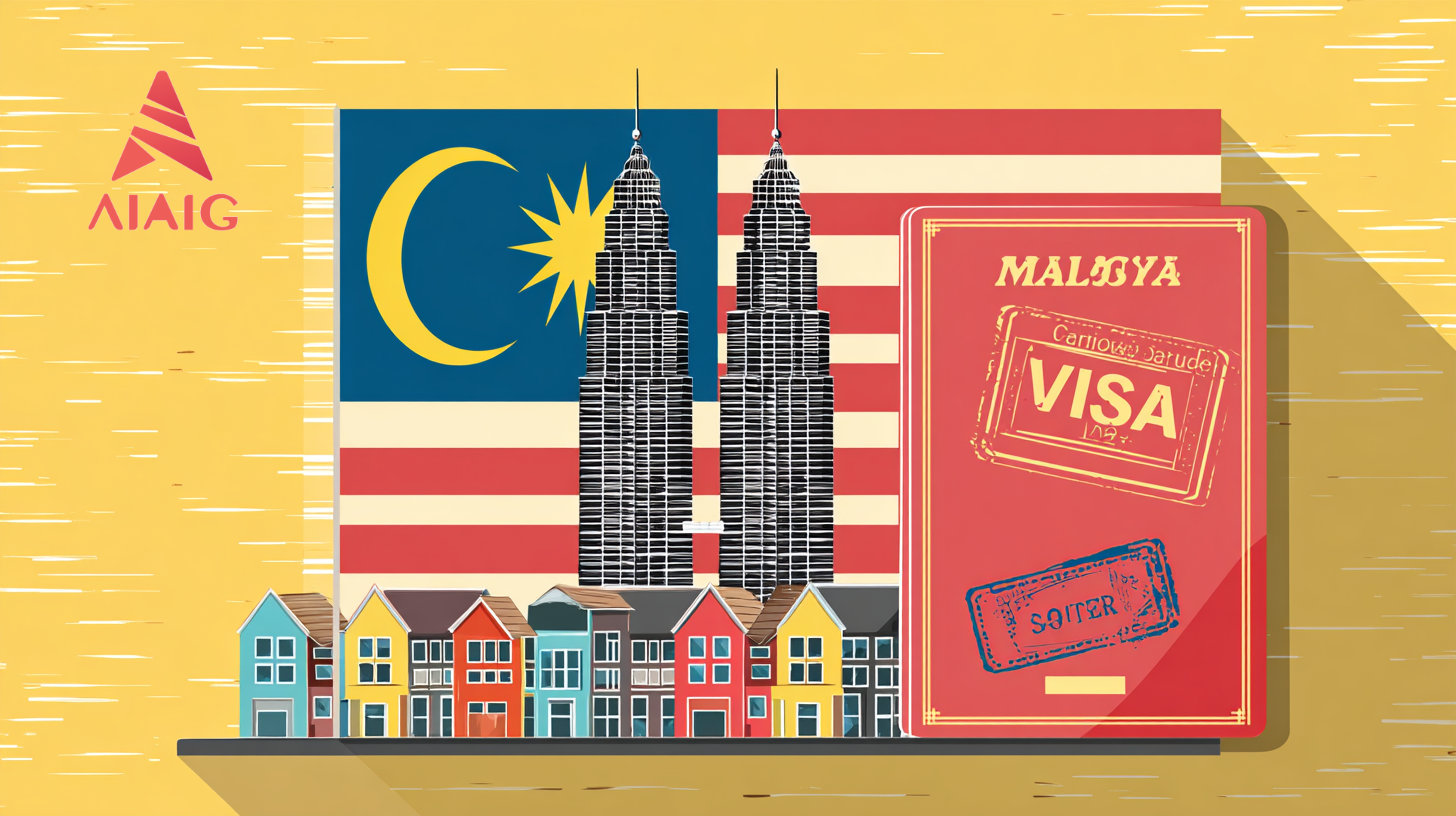AIAIGAnswer
Currently, most tourists from China, Hong Kong, Macau, and Taiwan traveling to Malaysia in practice enter directly with visa-free access and receive a social visit pass issued at the port of entry, rather than applying for a paper tourist visa in advance:
1. Traditional Form of Short-Term Tourist Visa
- In the past, tourists from countries requiring visas typically applied for single or multiple-entry tourist visas through embassies/consulates or the eVisa system.
- Required documents include: a passport valid for at least 6 months, photos, round-trip flight itinerary, accommodation proof, financial proof, travel itinerary, etc.
- Once the visa is approved, the holder can enter within its validity period, with each stay usually around 30 days.
- For mainland China, this process has now been replaced by "mutual visa exemption," so it's more of a backup option, mainly for citizens of other countries not yet enjoying visa-free access.
2. Social Visit Pass Issued at Port of Entry
- For those entering visa-free, such as travelers from mainland China, Hong Kong, Macau, and Taiwan, a short-term social visit pass is stamped in the passport or recorded electronically upon entry.
- This pass indicates the allowed duration of stay and restrictions, such as not being permitted to work in Malaysia.
- Generally, travelers from mainland China, Hong Kong, Macau, and Taiwan receive a stay of 30 days or even longer, with Hong Kong passport holders often getting 90 days.
3. Complementary Role of the Electronic Arrival Card MDAC
- MDAC is not equivalent to a visa; it's more like an electronic version of an arrival card. Filling it out allows the system to have your basic information and travel plans in advance, speeding up immigration checks.
- Failure to complete the MDAC as required may lead to longer processing times at the immigration counter, and in extreme cases, you might be asked to fill it out on the spot or even face issues with entry.
4. When Pre-Application of a Tourist Visa Is Still Needed
- If policies change in the future, temporarily suspending visa-free arrangements, then the eVisa or embassy visa process might need to be reactivated.
- For family members or friends of other nationalities not on the visa-free list, they still need to enter using a tourist visa.
For travelers from China, Hong Kong, Macau, and Taiwan, in daily practice, there is almost no need to separately apply for a tourist visa. The key is to prepare your passport, flight tickets, accommodation bookings, funds, and MDAC, and you can enjoy the combination of visa-free entry and a port-issued visit pass.
